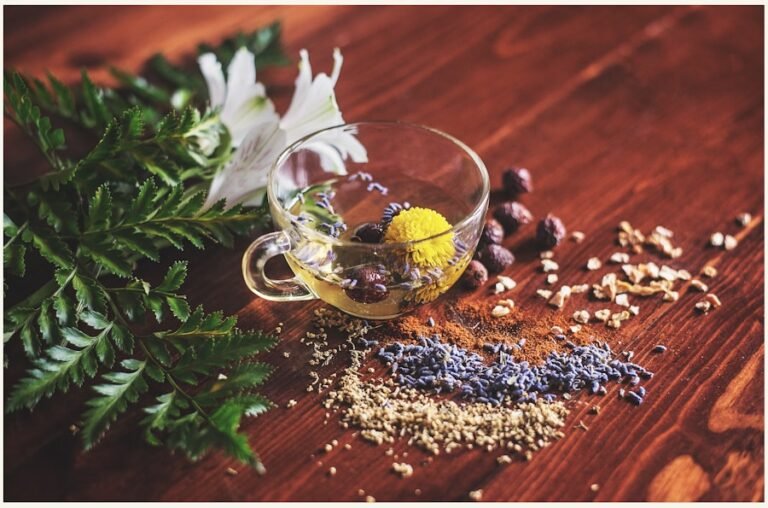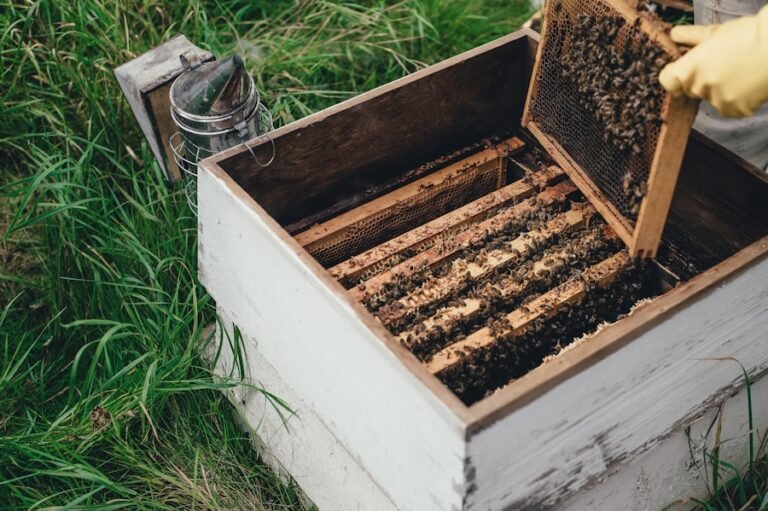Heal Your Skin Naturally: Home Remedies for Treating Scabies
Scabies is a highly contagious skin infestation caused by the Sarcoptes scabiei mite. These microscopic mites burrow into the upper layer of the skin, where they lay eggs and cause intense itching. The most common symptom of scabies is a rash that consists of small red bumps and blisters, often accompanied by severe itching, especially at night. The mites are typically spread through prolonged skin-to-skin contact with an infected person, making scabies a common problem in crowded living conditions such as nursing homes, prisons, and child care facilities.
The infestation can affect anyone, regardless of age, gender, or hygiene habits. However, scabies is more prevalent in children and the elderly due to their weaker immune systems. The mites can survive for up to 72 hours without a human host, making it possible for them to spread through infested bedding, clothing, and furniture. It is important to seek treatment as soon as scabies is suspected to prevent the infestation from spreading to others and causing further discomfort.
Natural Remedies for Treating Scabies at Home
There are several natural remedies that can help alleviate the symptoms of scabies and promote healing. One of the most effective treatments is a warm bath with added ingredients such as neem leaves, turmeric, or tea tree oil. These natural substances have antimicrobial and anti-inflammatory properties that can help kill the mites and soothe the skin. Additionally, applying a paste made from crushed garlic and olive oil directly to the affected areas can help eliminate the mites and reduce itching.
Another natural remedy for scabies is the use of aloe vera gel, which has cooling and soothing properties that can provide relief from itching and inflammation. Aloe vera can be applied directly to the affected areas or mixed with a few drops of tea tree oil for added antiseptic benefits. In addition to topical treatments, it is important to wash all clothing, bedding, and towels in hot water to kill any mites or eggs that may be present. Vacuuming and steam cleaning furniture and carpets can also help eliminate mites from the environment.
Herbal Treatments for Soothing Scabies Symptoms
In addition to natural remedies, there are several herbal treatments that can help soothe the symptoms of scabies and promote healing. One of the most commonly used herbs for treating scabies is calendula, which has anti-inflammatory and antiseptic properties that can help reduce itching and prevent infection. Calendula can be applied topically in the form of a cream or ointment, or used to make a soothing herbal bath.
Another beneficial herb for treating scabies is chamomile, which has calming and anti-itch properties that can help relieve discomfort and promote relaxation. Chamomile can be used to make a soothing tea or added to a warm bath to help reduce itching and inflammation. Additionally, applying a poultice made from crushed chickweed leaves directly to the affected areas can help soothe the skin and promote healing.
Essential Oils for Relieving Scabies Itch and Irritation
Essential oils are highly concentrated plant extracts that have been used for centuries to treat various skin conditions, including scabies. Some of the most effective essential oils for relieving scabies itch and irritation include tea tree oil, lavender oil, and neem oil. Tea tree oil has powerful antimicrobial properties that can help kill the mites and prevent infection, while lavender oil has soothing and anti-inflammatory properties that can help reduce itching and promote healing.
Neem oil is another beneficial essential oil for treating scabies, as it has strong antiparasitic and anti-inflammatory properties that can help eliminate the mites and soothe the skin. These essential oils can be diluted with a carrier oil such as coconut oil or olive oil and applied directly to the affected areas for relief from itching and irritation. It is important to perform a patch test before using essential oils to ensure that they do not cause any adverse reactions.
Dietary Changes to Support Skin Healing and Immune Function
In addition to topical treatments and herbal remedies, making dietary changes can also support skin healing and immune function in individuals with scabies. Consuming foods that are rich in vitamins A, C, and E, as well as zinc and omega-3 fatty acids, can help promote skin health and boost immune function. Some examples of skin-healthy foods include leafy greens, citrus fruits, nuts and seeds, fatty fish, and avocados.
It is also important to avoid foods that can exacerbate inflammation and weaken the immune system, such as processed foods, sugary snacks, and alcohol. Drinking plenty of water and herbal teas can help keep the skin hydrated and flush out toxins from the body. Additionally, incorporating probiotic-rich foods such as yogurt, kefir, and sauerkraut into the diet can help support gut health and strengthen the immune system.
Lifestyle Tips for Preventing and Managing Scabies Infestations
Preventing scabies infestations involves practicing good hygiene habits and avoiding close contact with infected individuals. It is important to wash hands frequently with soap and water, especially after coming into contact with potentially contaminated surfaces or objects. Keeping fingernails short and clean can also help prevent the spread of mites from scratching.
Avoiding sharing personal items such as clothing, towels, and bedding with others can help prevent the spread of scabies. It is also important to regularly clean and disinfect living spaces to eliminate any mites or eggs that may be present. Managing scabies infestations involves seeking treatment as soon as symptoms are noticed to prevent the infestation from spreading to others.
When to Seek Professional Medical Help for Severe Scabies Cases
While natural remedies and herbal treatments can be effective for mild cases of scabies, it is important to seek professional medical help for severe or persistent infestations. If symptoms do not improve with home remedies or if they worsen over time, it is important to consult a healthcare provider for proper diagnosis and treatment. Prescription medications such as permethrin cream or oral ivermectin may be necessary to eliminate the mites and relieve symptoms.
In some cases, secondary bacterial infections may develop as a result of scratching the affected areas, requiring antibiotics for treatment. It is important to follow the advice of a healthcare provider when seeking medical treatment for scabies to ensure proper management of the infestation and prevent complications. Additionally, individuals with weakened immune systems or underlying health conditions may require specialized care for scabies infestations.







